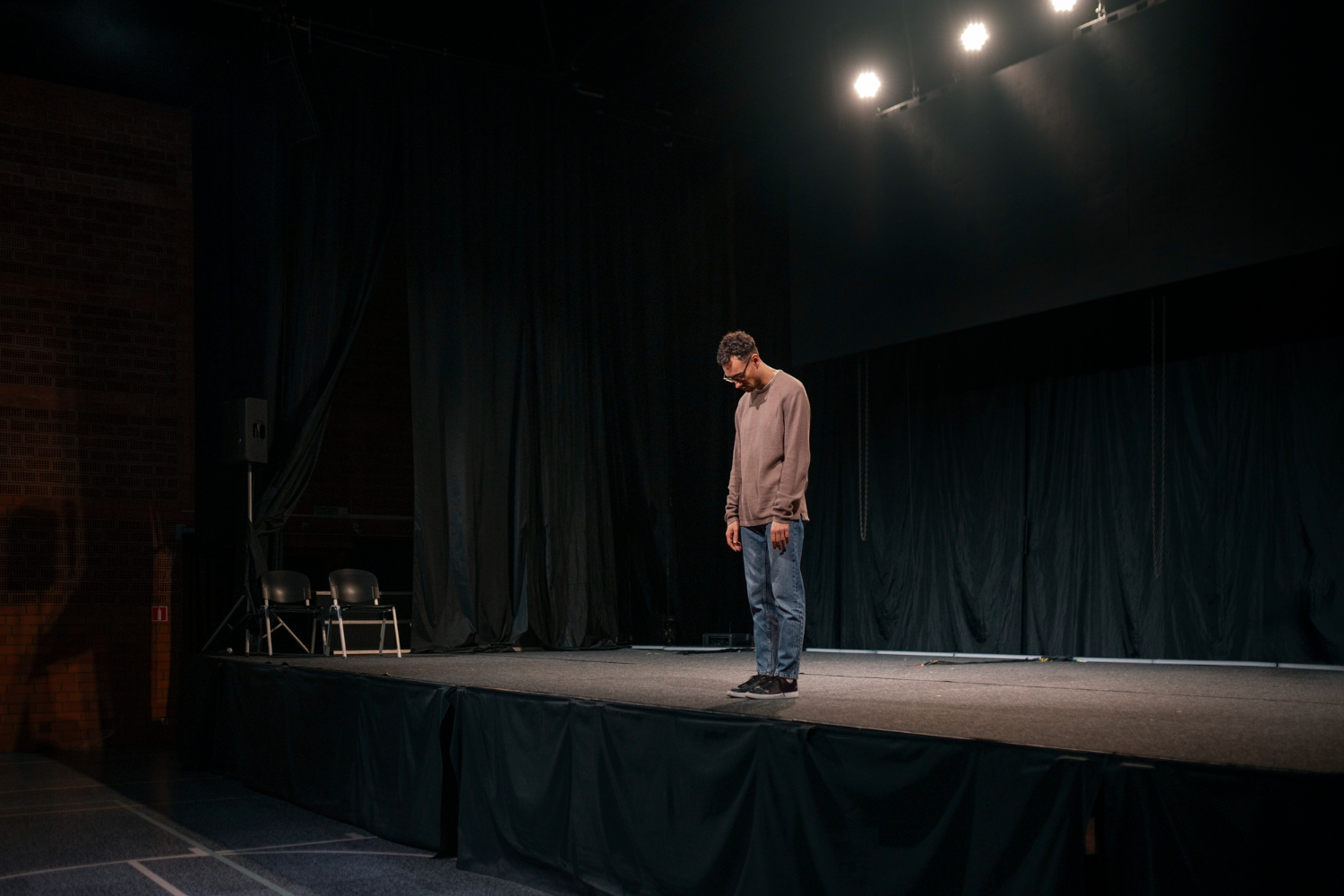Brilliant minds tend to notice what others miss. Small flaws in reasoning, vague language, or noise that cuts into focus. These pet peeves aren’t about arrogance but about efficiency and clarity. They come from a deep respect for logic, time, and clean thinking. When patterns don’t fit, or words lose meaning, they see it instantly. The habits below show how smart people defend focus, seek precision, and reject shortcuts that waste energy or distort truth. It’s less about control and more about keeping ideas sharp.
Sloppy Claims Without Evidence

Strong thinkers lose patience when ideas arrive without proof. Broad statements with no data or credible backing slow everything down. A claim without substance forces everyone else to clean it up. They’d rather deal with facts than opinions disguised as facts. It’s not pedantry, it’s discipline. Good evidence doesn’t just support arguments, it saves time and builds trust. When logic and proof align, collaboration gets lighter, cleaner, and much harder to derail by noise.
Conversations That Never Land

Endless talk that circles around nothing drives sharp minds up the wall. They crave structure, a sense of progress, and a destination. Chatting is fine when it connects, but when ideas just loop, attention thins fast. What they value are discussions that open with context, move toward a point, and close with insight or action. Empty talk isn’t relaxing to them, it’s draining. Once they realize a conversation isn’t going anywhere, they mentally check out.
Interruptions That Break Working Memory

Complex thoughts take layers to build, and interruptions destroy that balance instantly. A single comment at the wrong moment can make an entire idea vanish. High-IQ people guard focus because rebuilding that chain of thought is exhausting. They thrive in quiet zones where work can breathe, not in spaces buzzing with random chatter or alerts. Respecting silence isn’t preference, it’s necessity. Protecting uninterrupted time is how depth, precision, and original ideas survive.
Absolute Language For Messy Realities

Words like always and never are red flags to analytical minds. The world is built on nuance, and absolutes make everything sound lazy. They prefer accuracy over drama, probabilities over promises. Admitting uncertainty isn’t weakness, it’s intelligence. It means you’ve seen enough variables to know certainty is rare. Smart people respect confidence that’s grounded in data, not ego. They’d rather follow someone who admits what’s unclear than one who pretends to have all the answers.
False Balance And Bad Equivalences

Equating two ideas that clearly don’t carry the same weight makes smart people lose interest fast. Treating nonsense as equal to research in the name of “fairness” insults reason. High-IQ minds care about proportion and logic, not about comforting both sides. They value open debate when it’s honest, but not when weak ideas get equal airtime for optics. The goal isn’t balance, it’s accuracy. False equivalence turns conversation into theater instead of progress.
Meetings Without A Spine

Few things irritate bright, structured minds more than meetings with no purpose. They walk in expecting clarity: what’s the goal, who decides, and how do we measure it. If that’s missing, their brain starts calculating what else they could be doing. Unfocused meetings waste mental fuel and kill energy across teams. What they want is a clear agenda, a start, an end, and outcomes that move real work forward. Anything else feels like theft of time.
Performative Debates

High-IQ people love disagreement when it sharpens ideas, not when it’s just for show. Performative debates where ego replaces evidence bore them fast. They want a back-and-forth where facts matter and everyone’s open to updating their mind. When the goal becomes winning instead of learning, they disengage. They respect those who listen carefully, challenge directly, and concede when proven wrong. To them, that’s not weakness, it’s the only way truth gets built.
Noise That Drowns Signal

Constant notifications, chatter, or interruptions feel like static to those who think in systems. Their brain runs deep, not wide, and noise burns bandwidth. They need quiet, clean inputs, and well-timed updates. Chaos might inspire some people, but for analytical minds, it blocks insight. Silence is their workspace. It’s not sensitivity, it’s self-preservation. Every alert, ping, or random conversation breaks flow, and once it’s gone, it takes time to return. Noise kills clarity faster than fatigue.
Vague Requests And Moving Targets

Smart people can handle complexity but hate confusion. When tasks come without clear goals, or priorities change midstream, it feels like sabotage. They want definition, not guesswork. Tell them what success looks like and they’ll hit it with precision. Keep changing the rules and motivation evaporates. Unclear direction wastes talent and trust. They’re not resistant to change, they just expect logic behind it. Give them a clear aim, and they’ll surprise you with the results.
Dishonest Summaries

Few things break trust faster than selective memory. Leaving out context or twisting words to fit a story tells sharp minds that accuracy isn’t valued. They notice immediately when facts are bent, and they don’t forget. To them, a fair summary shows respect for both truth and time. When people recap honestly, alignment sticks and work moves faster. Distortion might win a moment, but clarity wins the future. They prefer teams that prize accuracy over agenda every single time.


